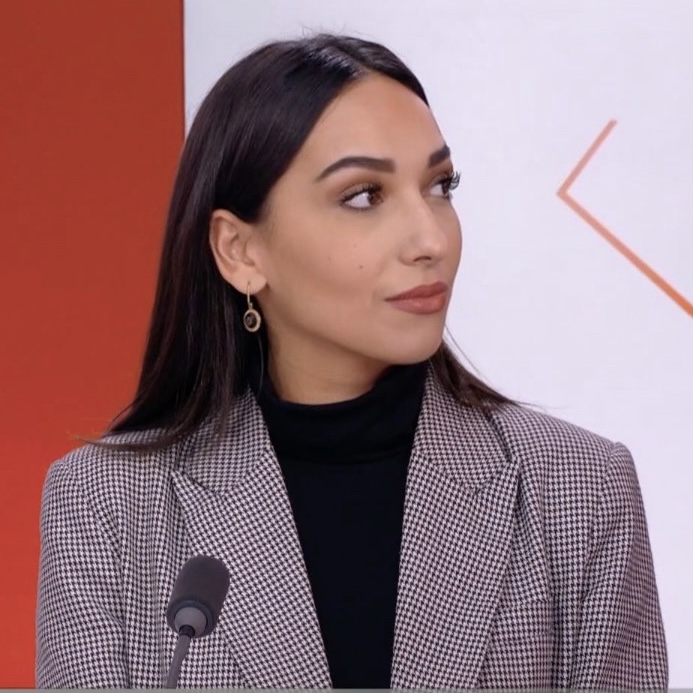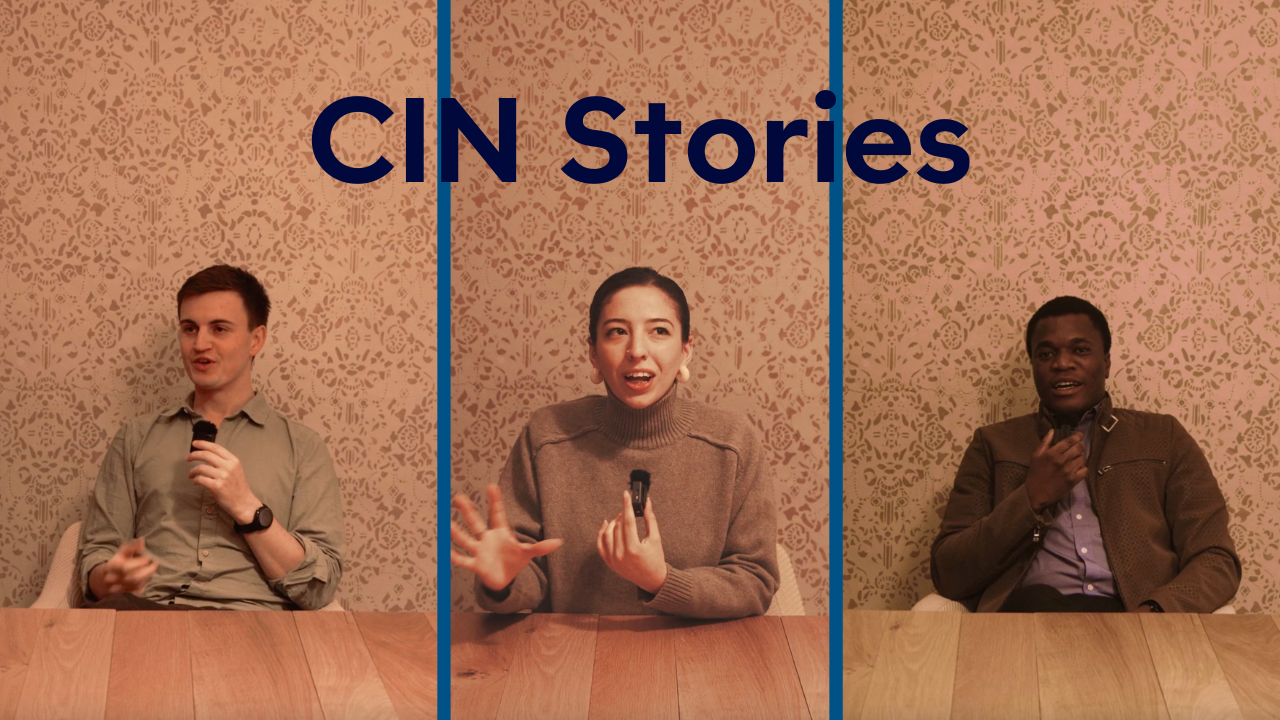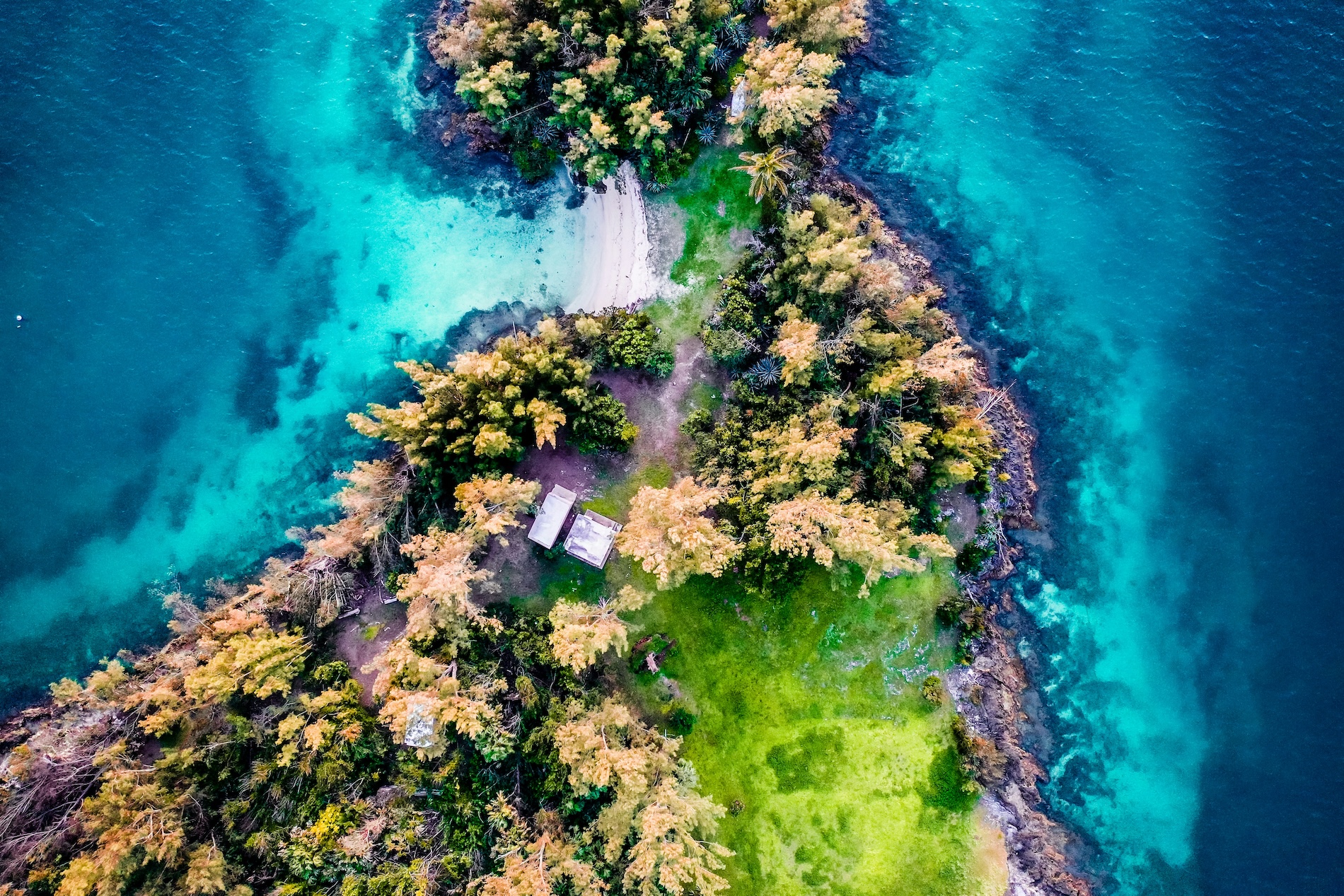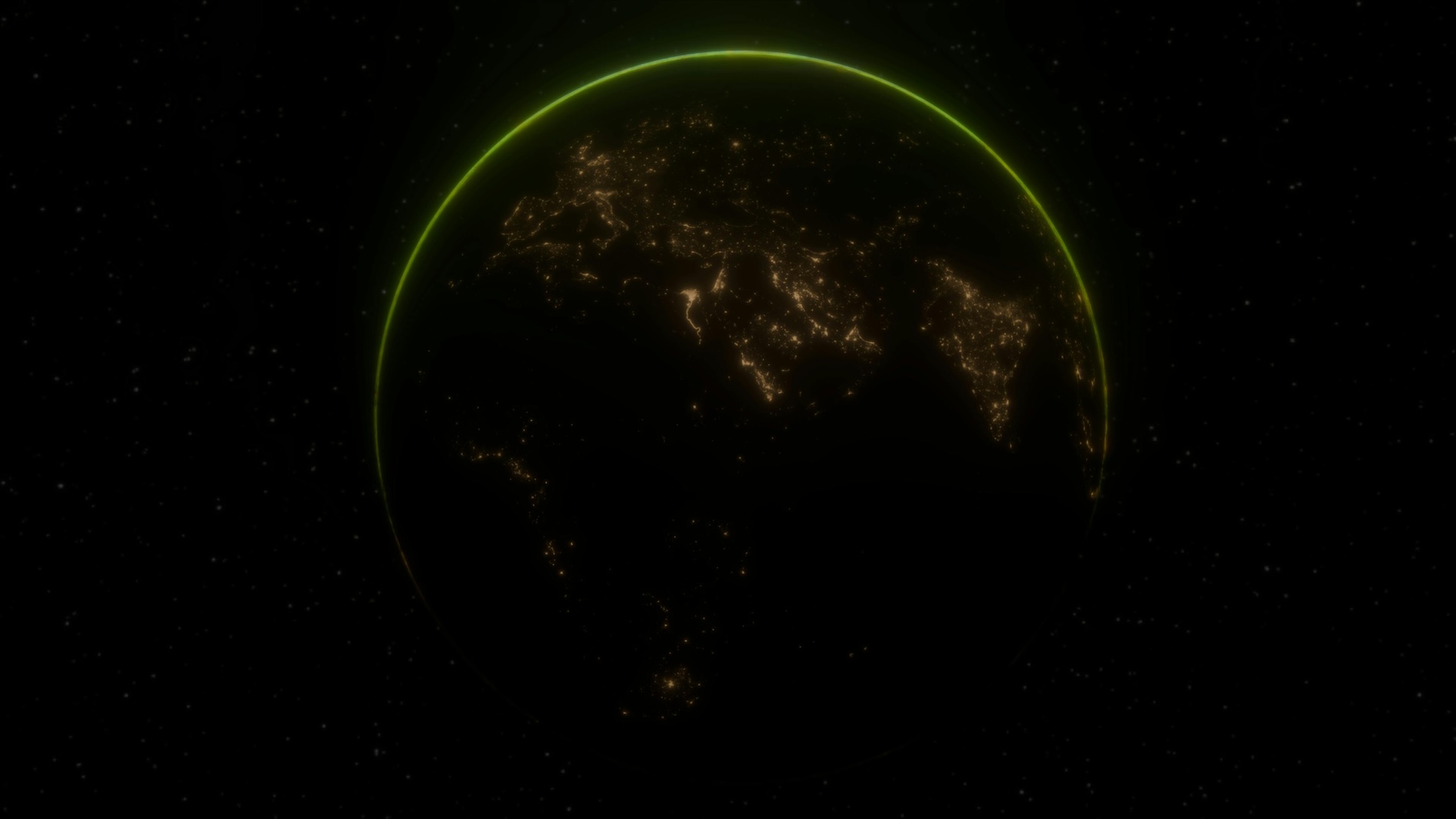Bridging the Science Communications Gap: The Role of Media in Reporting on the Complexities of Solar Geoengineering

Solar geoengineering is continuing to draw growing attention, and scrutiny. The media plays a central role in shaping how the public understands this emerging climate approach. Reporters serve as translators between scientific research and broad audiences, with the power to influence public opinion, policy agendas, and even research priorities. When done well, coverage can make a complex topic more accessible, situating SG as one possible element in a wider set of climate responses.
Context and Framing
How SG is presented matters. Framing it within the broader effort to address the climate crisis can help readers see it not as a standalone fix, but as part of a much larger - and still uncertain -climate response landscape. But if it's framed as a desperate measure or a sign that mitigation has failed, it may erode support for proven strategies or feed the perception that drastic interventions are inevitable.
Journalists shape this framing through the choices they make: what to highlight, what to compare, and how to explain risks. The risk-risk framework, outlined in the U.S. National Academies of Sciences, Engineering, and Medicine’s Reflecting Sunlight report, offers a helpful guide. It calls for assessing the risks of SG in direct comparison to the risks of unmitigated climate change - across multiple emissions scenarios and climate responses. This framing helps move the conversation beyond binary thinking and encourages a more realistic understanding of trade-offs.
At the same time, SG’s complexity and controversy make it a tempting target for alarmist or sensational headlines. But click-driven framing often distorts the science, amplifies extreme narratives, and polarizes audiences. Balanced, context-rich reporting is critical to prevent misunderstanding and build the foundation for more thoughtful public dialogue.
Reporting on Implications, Pitfalls, and Ethical Considerations
Effective coverage doesn’t just describe what SG is—it helps readers engage with what it means. Ethical and social questions are at the heart of SG: Who gets to decide? What are the risks for those least responsible for the climate crisis? What safeguards exist against misuse? Reporting that brings these questions to the forefront invites deeper public reflection and scrutiny.
Oversimplifying these issues or relying on a pro/con frame misses the real stakes. Instead, reporting should explore tensions between global ambition and local impact, between scientific potential and democratic accountability. The Reflecting Sunlight report emphasizes that transparency, inclusivity, and public oversight must guide any research agenda, a point the media can reinforce through clear and responsible storytelling.
As SG research moves forward, transparency will be essential. Media can (and should) act as watchdogs, ensuring public access to information, scrutinizing who is involved, and interrogating the systems of power behind experimentation or deployment. In a media environment shaped by misinformation and distrust, this role has never been more important.
Building Capacity
As interest in SG grows, journalists will need more than a passing familiarity to report on it effectively. Understanding the science is just one piece - reporters also need tools to unpack the political, ethical, and regional dynamics that shape SG discussions. That includes engaging with experts, asking hard questions, and elevating perspectives often left out of mainstream coverage.
To support this, DSG is in the early stages of developing a journalist capacity-building program focused on climate-vulnerable communities. Our goal is to equip local reporters with the resources, context, and access they need to tell fuller, more inclusive stories about SG. These journalists are best positioned to connect global developments to local realities—and to ensure public discourse reflects the people most affected.
In parallel, we aim to build bridges between reporters and diverse SG experts, from scientists and ethicists to advocates and governance specialists. This interdisciplinary dialogue helps reporters avoid blind spots and better reflect the stakes of SG as it enters public debate.
The media’s role in SG communication is not just informative, it’s foundational. By telling stories that are accurate, contextual, and grounded in values of equity, public accountability, and scientific integrity - as recommended in Reflecting Sunlight - journalists can help shape a public conversation that is as thoughtful and inclusive as the decisions ahead demand.
Join Our Community
Stay informed about the latest developments in solar geoengineering and how you can make a difference. Subscribe to our newsletter for insights, updates, and opportunities to get involved.










.png)

